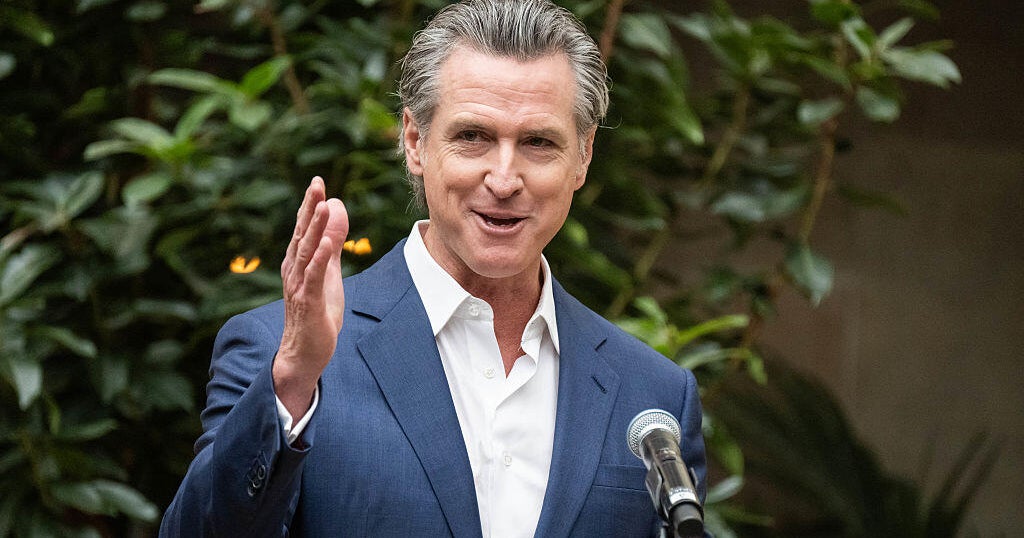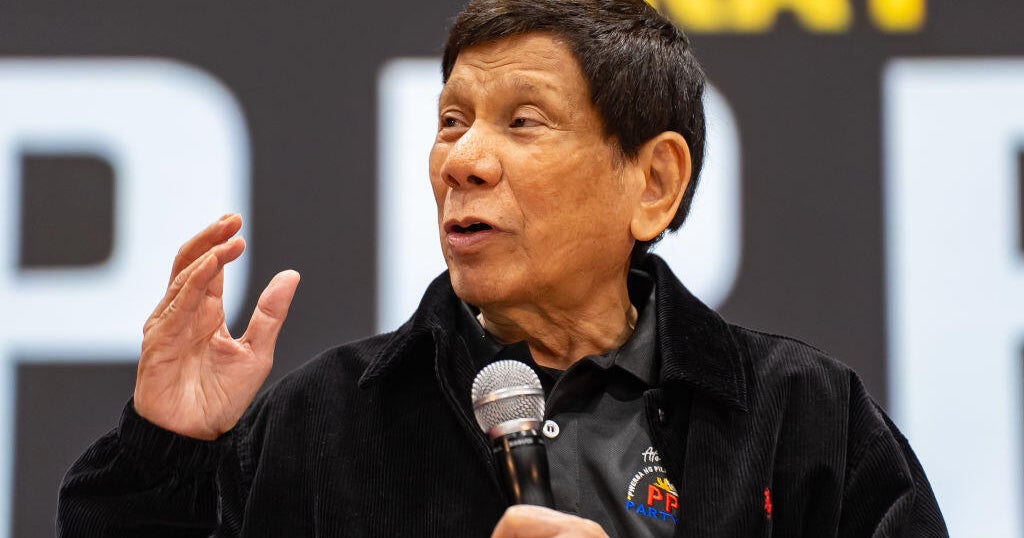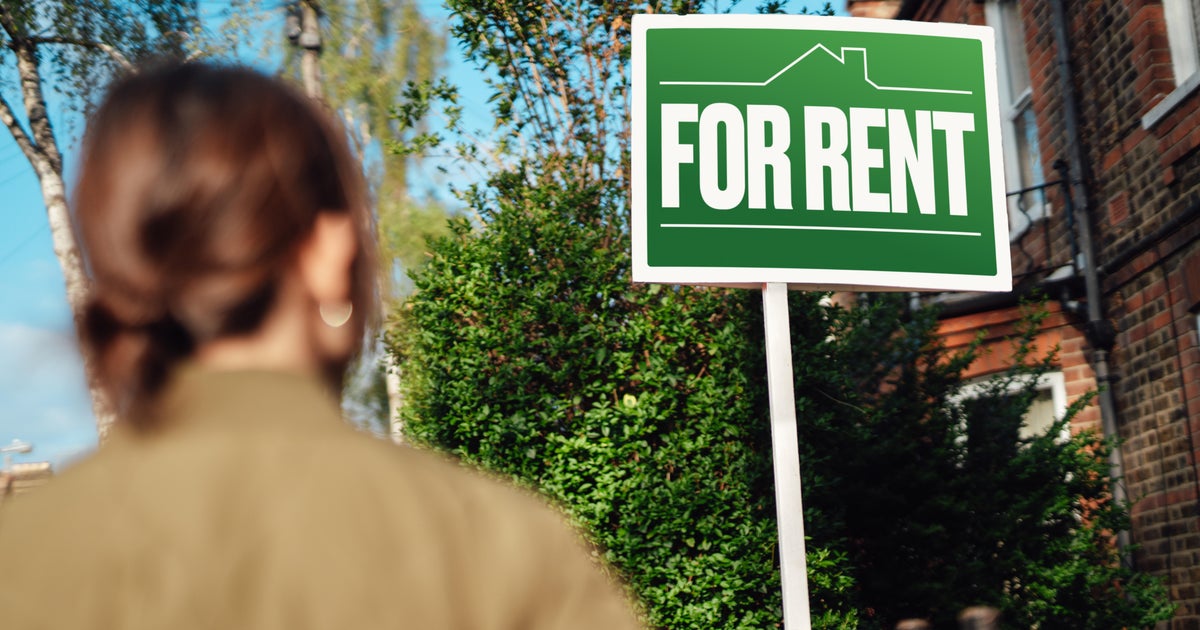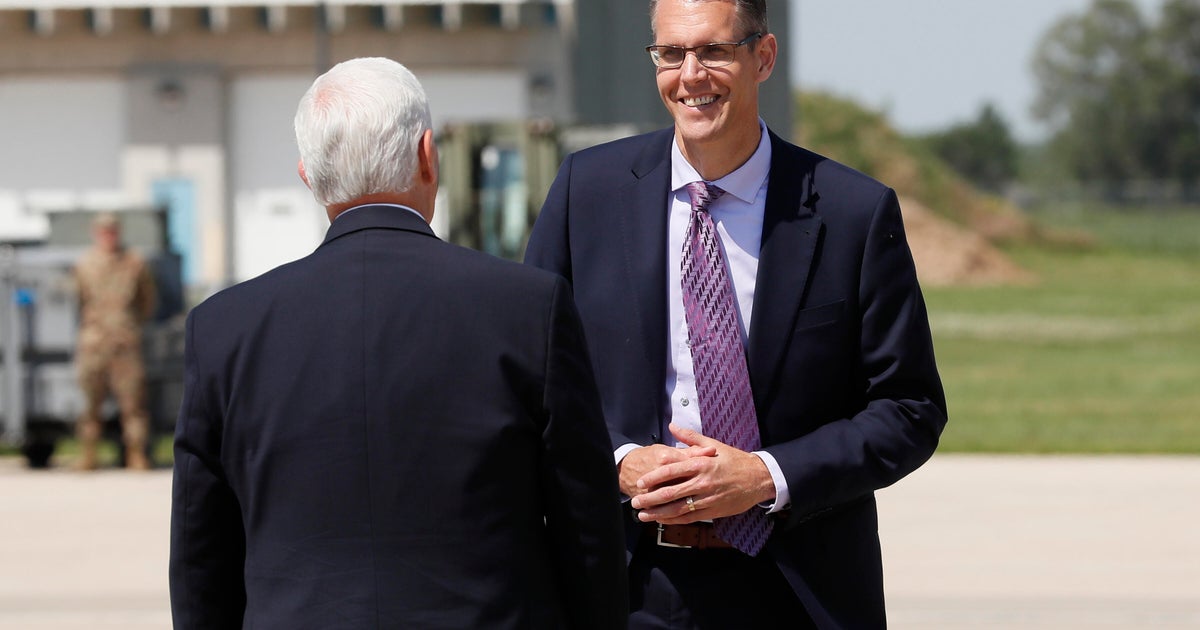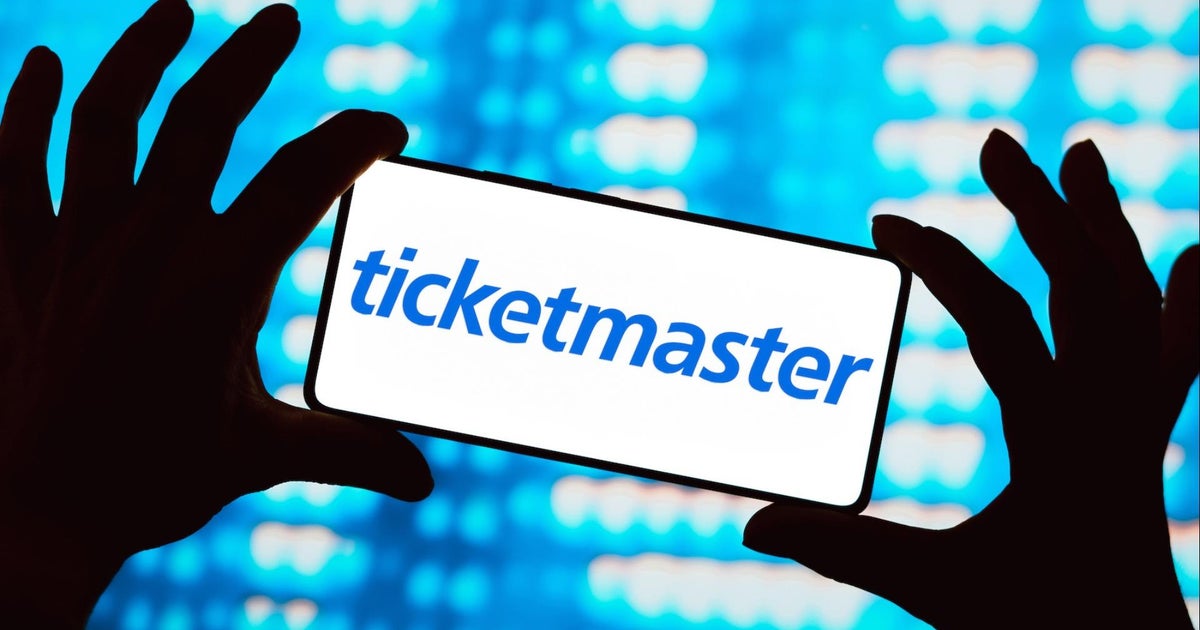It was just a few seconds of raw emotion, but it captured the hearts of millions. At last year's Democratic National Convention, as Minnesota Gov. Tim Walz accepted the nomination for vice president of the United States, his son Gus Walz was seen on national television, clapping and crying as he proudly declared, "That's my dad."
The moment went viral as a symbol of love and pride.
"It was super overwhelming, because to me, he's just regular, old dad. [He] golfs with me, makes food, cleans the car. In that moment, it was something bigger. It was just surreal," Gus told CBS News in an exclusive interview.
The governor said the moment resonated with people across the country.
"Here's the thing that's so encouraging about human nature, the vast majority of people had [a positive reaction] no matter the politics," he said.
Behind the heartfelt moment is a story deeper than politics.
"I'm excited to show people who I am and what I've done," Gus said from the governor's mansion in St. Paul, Minnesota.
Overcoming challengesWhile the public reaction to the viral DNC moment ranged from admiration and compassion to cruelty, Gus Waltz took it in stride.
"I was just being emotional. There's nothing wrong with showing emotions," he said. "If people are going to say there is something wrong with that, then those are not the people that I want to be associated with."
The 18-year-old was diagnosed with a nonverbal learning disorder (NVLD), ADHD and an anxiety disorder in the sixth grade—conditions shared by many but that are often misunderstood.
Growing up, he faced challenges, including a basketball coach who discouraged others from befriending him. With therapy, family support and persistence, the 18-year-old found his place.
"We figured out I have challenges, but also strengths," he said. "Routine helps ... consistency."
Minnesota's first lady, Gwen Walz, a former teacher, has helped her son overcome obstacles. She explained that NVLD affects a person's ability to understand nonverbal cues such as facial expressions, body language, and tone of voice.
"Sometimes people think that it's that you can't speak," she said. "He talks all the time."
The first lady added, "But I still think it resonates with people who have children who don't speak. I want to say [to those families] we understand the challenges."
NVLD can lead to moments of confusion in everyday situations — like not recognizing when someone wants to end a conversation or misreading sarcasm as sincerity, but with support, Gus has developed strategies to adapt.
"I just try and let people know that I might struggle in this area, and I might be super strong in this area," he said.
He and his mom also practice reading people's social cues in public.
"Like if they're looking away, not making a lot of eye contact. Like maybe they're ready to be done with the conversation ... stuff like that, practice, some therapy."
The awareness he's developed to better read nonverbal cues and proactively make contact with others has become a strength.
"I'm really good at making relationships with people," Gus explained. When asked how people respond, he said, "People are nicer than you think."
Finding strength in sports and familyOne of his greatest outlets is volleyball. In a state where boys' volleyball was not recognized as an official high school sport until recently, Gus helped to lead a growing movement.
"It blew me away when he said 'I'm going to become good at volleyball,' and he did it," said Gov. Walz. "We've become a volleyball family because Gus just decided he was going to become good at it."
Now a key player on an undefeated team, Gus has also become an advocate simply by being himself.
"I want people to know I'm just a normal kid," he said. "I love volleyball, my family, my friends—and I want to help people."
At home, his bond with his parents is relatable. A back-and-forth with his mom about what to wear to prom and an inquiry into school work ended in classic teenage fashion.
"No, I'm not doing that," Gus grinned as she tried to sit him down to make a plan.
But he didn't hesitate when asked if his mom is his best friend, saying, "Yeah, most definitely."
More David Begnaud

